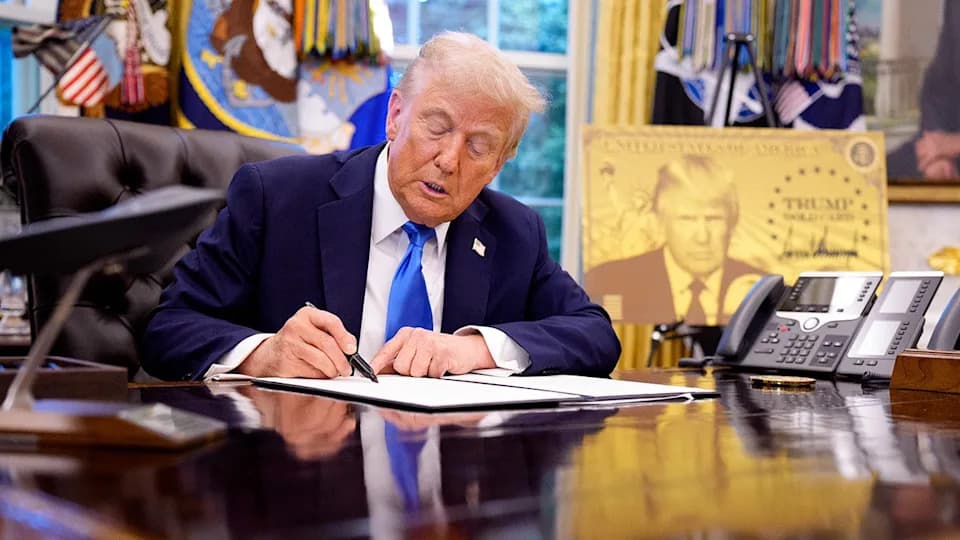China has launched a new K‑visa to attract science and technology professionals, easing some requirements such as the need for a prior job offer. The move is seen as a response to uncertainty around the U.S. H‑1B system and aims to fill skills gaps in AI, semiconductors and robotics. While it has drawn interest from professionals in India and Southeast Asia, domestic youth unemployment, language and internet restrictions, and geopolitical tensions mean visas alone may not secure top global talent.
China Launches K‑Visa to Attract Global Tech Talent Amid H‑1B Uncertainty

China Launches K‑Visa to Court Global Tech Talent
HONG KONG — China has introduced a new K‑visa aimed at science and technology professionals as part of a broader push to close the gap with the United States in advanced research and innovation. Rolled out last month, the K‑visa complements existing categories such as the R‑visa and loosens some requirements — most notably, applicants may not need a job offer before applying.
What the K‑visa offers
The new K‑visa is intended to make it easier for foreign experts in fields like artificial intelligence, semiconductors and robotics to move to China. Officials and recruiters say the program has already drawn interest from professionals in India and Southeast Asia as well as from overseas Chinese and Chinese‑trained researchers.
“The K‑visa for China is an equivalent to the H‑1B for the U.S.,” said Vaishnavi Srinivasagopalan, an Indian IT professional considering work in China.
Why Beijing is moving fast
The ruling Communist Party has prioritized global leadership in advanced technologies and has directed substantial state funding toward R&D in AI, chips and robotics. Beijing views recent tightening of U.S. immigration rules and uncertainty around the H‑1B program as an opportunity to position China as a more welcoming destination for certain types of foreign talent and investment.
Domestic concerns and competition
The program arrives amid high youth unemployment. Official estimates show unemployment for Chinese aged 16–24 (excluding students) near 18%, and many young jobseekers worry that an influx of foreign professionals could intensify competition for scarce technical roles. "The current job market is already under fierce competition,” said Zhou Xinying, a postgraduate student at Zhejiang University.
Practical hurdles for applicants
Recruitment specialists caution that visas alone may not be enough to attract top global talent. Barriers include language differences, internet restrictions under the so‑called “Great Firewall,” lingering geopolitical tensions, and the continued global appeal of English‑speaking research hubs. The U.S. still leads in many fields of research and offers clearer residency pathways for some foreign professionals, experts say.
Expert perspectives
Analysts say China can gain ground by making it easier for skilled workers to relocate, but they also stress that convincing elite talent to move requires more than simpler paperwork. "Beijing will need to emphasize how select foreign talent can create, not take, local jobs," said Michael Feller, chief strategist at Geopolitical Strategy. Even with a new visa, China must address cultural, regulatory and institutional factors to become a top destination for world‑class researchers and engineers.
Outlook: The K‑visa may redirect some mobility flows, especially among professionals weighing options beyond the U.S. and Europe. However, language, internet access, geopolitics and other quality‑of‑life and career‑path considerations will determine how many of the world's best tech specialists ultimately accept positions in China.
AP writers and regional researchers contributed reporting to the original story.
Help us improve.




























